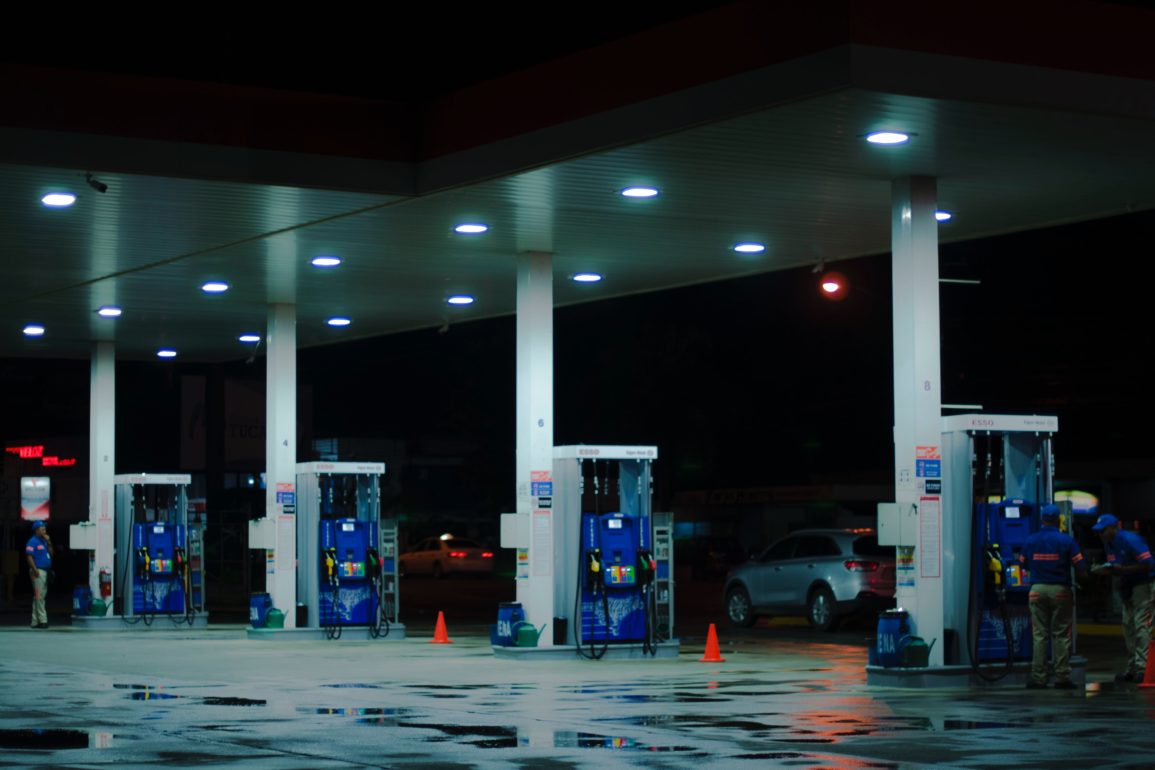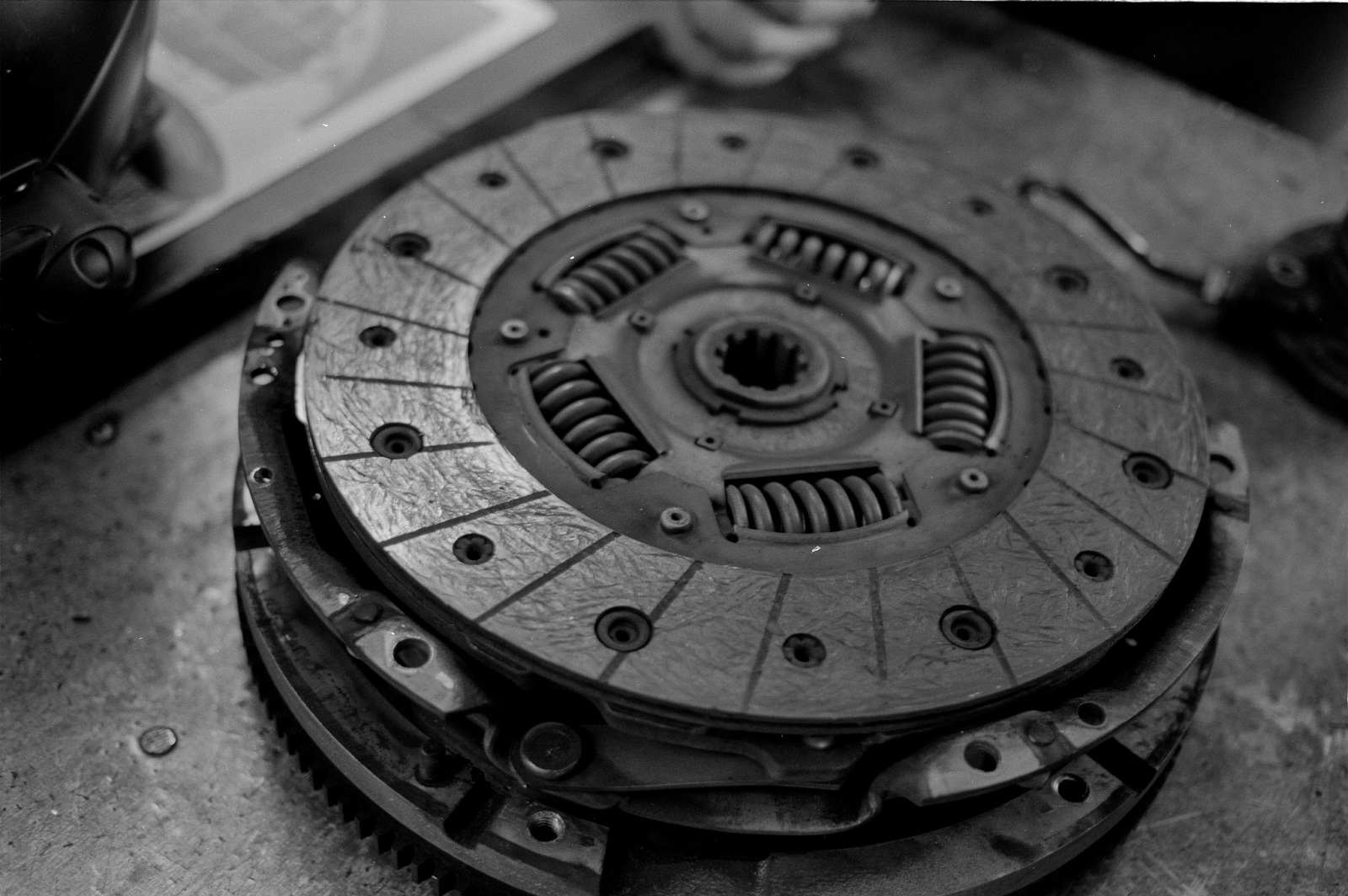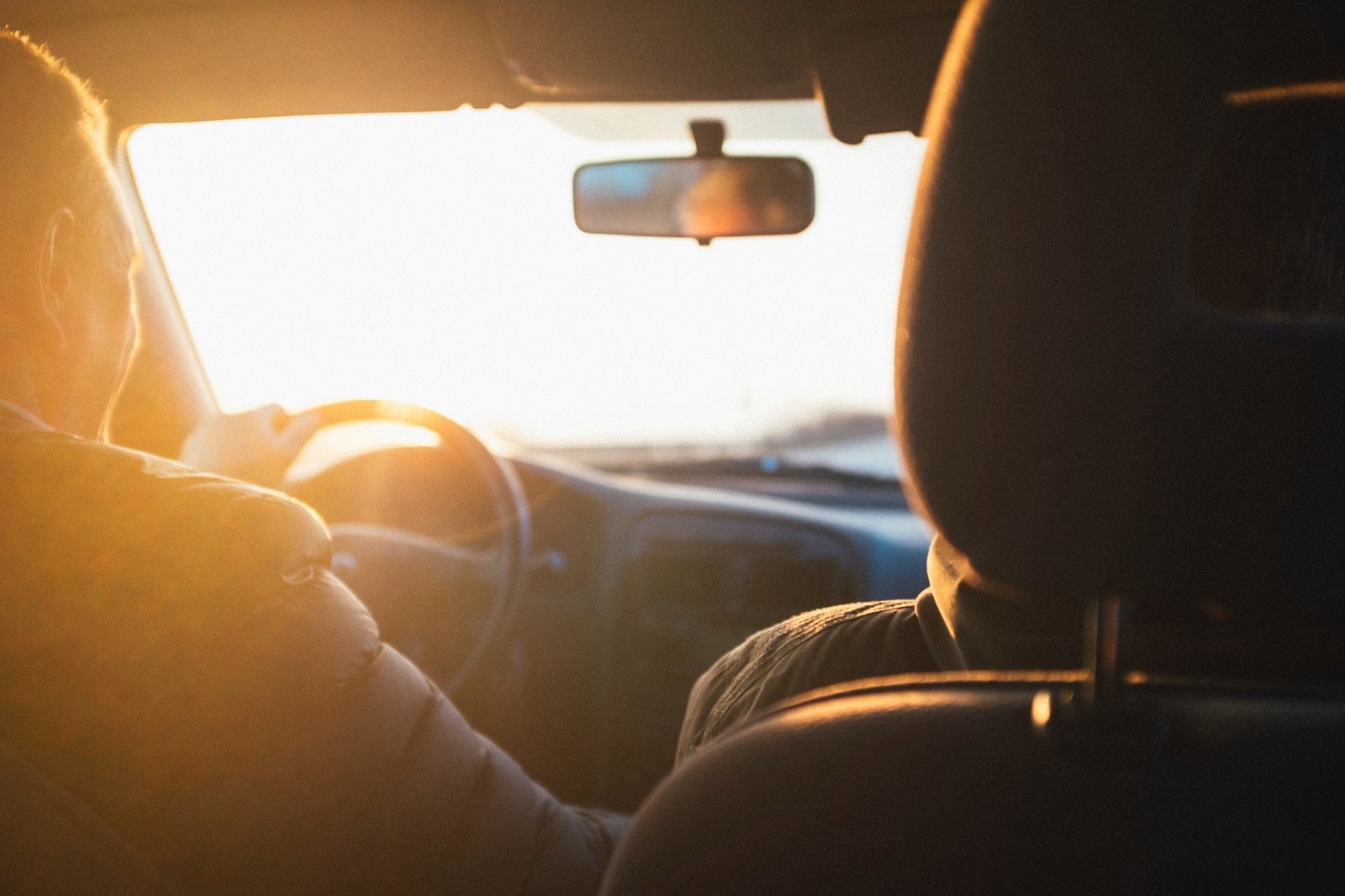Wherever you refuel with unleaded 95 in Switzerland, you can also buy unleaded 98. The petrol with the number 98 is more expensive and is described as better by oil companies. Unleaded 95 or 98? Here we clarify and explain the difference and provide information about which fuel to buy.
“My car only gets to drink fine unleaded 98.” The intentions behind such statements are usually good, but in most cases the cheaper unleaded 95 is the better solution.
In order to understand this fact, you need to know what the number means. The number 95 or 98 denotes the octane number associated with the knock resistance of the fuel. It characterises the burning behaviour of petrol. If the combustion of the fuel mixture is uncontrolled, the piston is braked in its upward movement. Unusual noises can then be heard from the engine compartment. This leads to an increased load on the engine. The reason for this is often a too low knock resistance of the petrol, which is classified in the value of the octane number.
Unleaded 98 is not a danger for the engine due to the increased knock resistance compared to the usual 95 fuel. However, the increased knock resistance does not lead to any advantage over the regular unleaded 95.
To increase the knock resistance of the fuel, fuel manufacturers add additives that raise the octane number to the desired classification. In the past, lead additives were used for this purpose, but they are now prohibited due to their environmentally harmful properties. Today, the isomerisation process is used to increase the knock resistance of the fuel. This method is much more environmentally friendly.
How is the octane number measured?
So that unleaded 95 also keeps what it promises, the octane number of the fuel is guaranteed by means of an international test procedure (ROZ; research octane number).
The test procedure is as follows: A sample of the petrol produced is burned in a single-cylinder engine with a continuously variable compression process. It is determined with which compression the sample begins to knock.
In a second step, petrol with a knock resistance of 100 is added and a normal heptane (octane number = 0) with a high knock resistance is added. The mixing ratio is then adjusted until the fuel mixture has the same knock resistance as the fuel sample.
The octane number of the sample corresponds to the percentage of isooctane in the control mixture. For unleaded 95, the proportion corresponds to 95%.
Unleaded 95 or 98, which fuel should I choose?
Most engines cannot use unleaded 98 because they are designed for unleaded 95. “Today, almost nobody in Switzerland needs unleaded 98 anymore. With the exception of the Honda S 2000, all new cars run on 95 petrol or diesel. Only cars that are older than 17 years or have trimmed engines need to fill up with 98 unleaded fuel,” explains Daniel Hofer, company manager at Migrol ktip.
Whether 95 or 98, depends on the compression ratio of the engine. Most engines today are so compressed that unleaded 95 is the best choice. Since unleaded 95 burns faster than unleaded 98, 95 is required for low compression ratios and, vice versa, 98 is required for high compression ratios or high filling levels.
The information about the fuel your car needs is provided in the user manual. So if unleaded 95 is listed there, you do not have to worry about the issue of “unleaded 98; yes or no?
Saving fuel is much easier if you adapt your driving behaviour and follow these rules.
-
- Low-speed driving
- Throwing unnecessary burden out of the car
- Checking tyre pressures
- Reduce air conditioning and other consumers to a minimum.
- Switch off the engine at a traffic light or level crossing.
Do you know friends who regularly fill their tank with unleaded 98? Then share this post with them!




